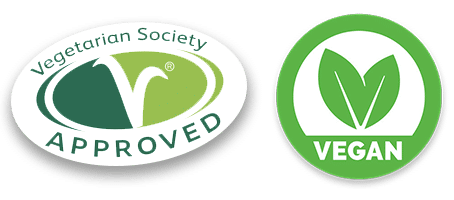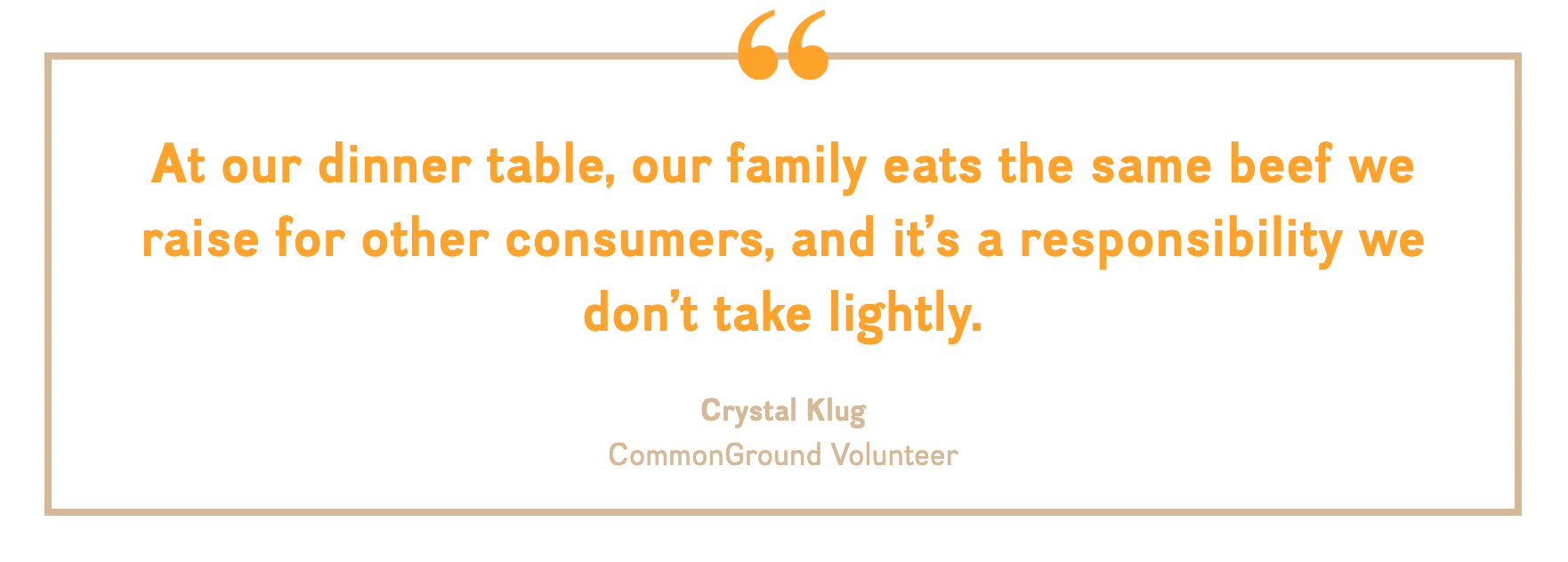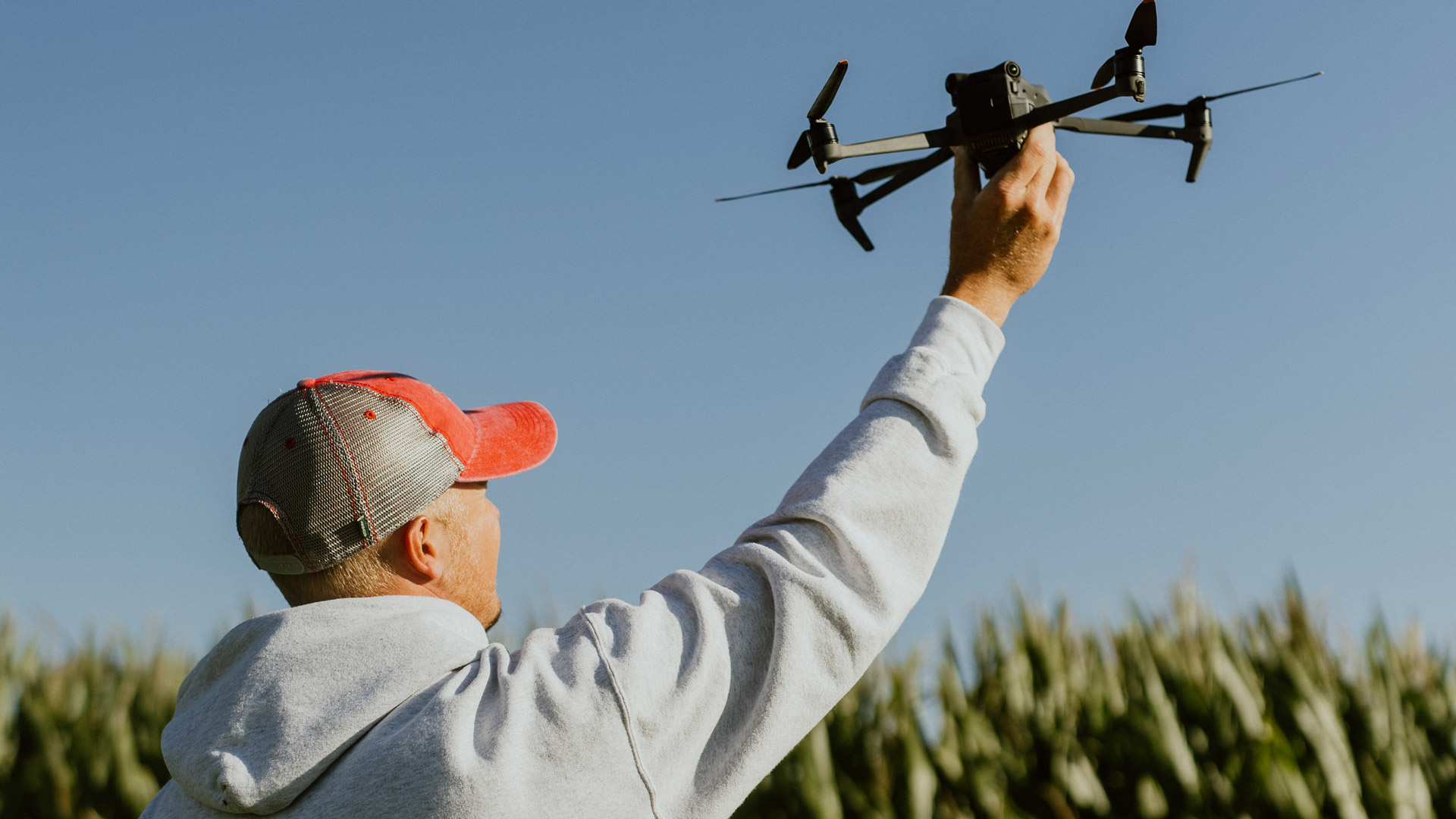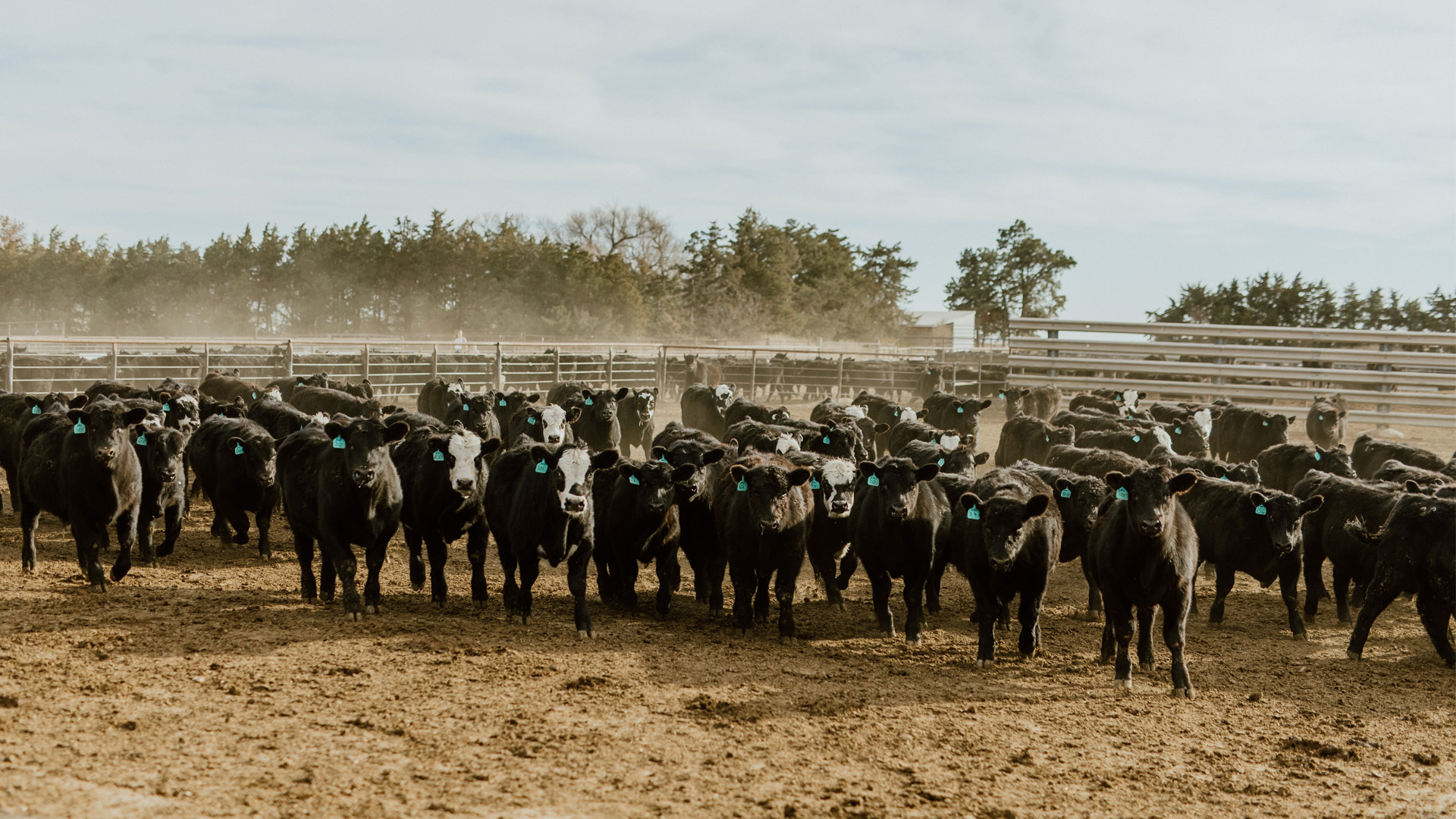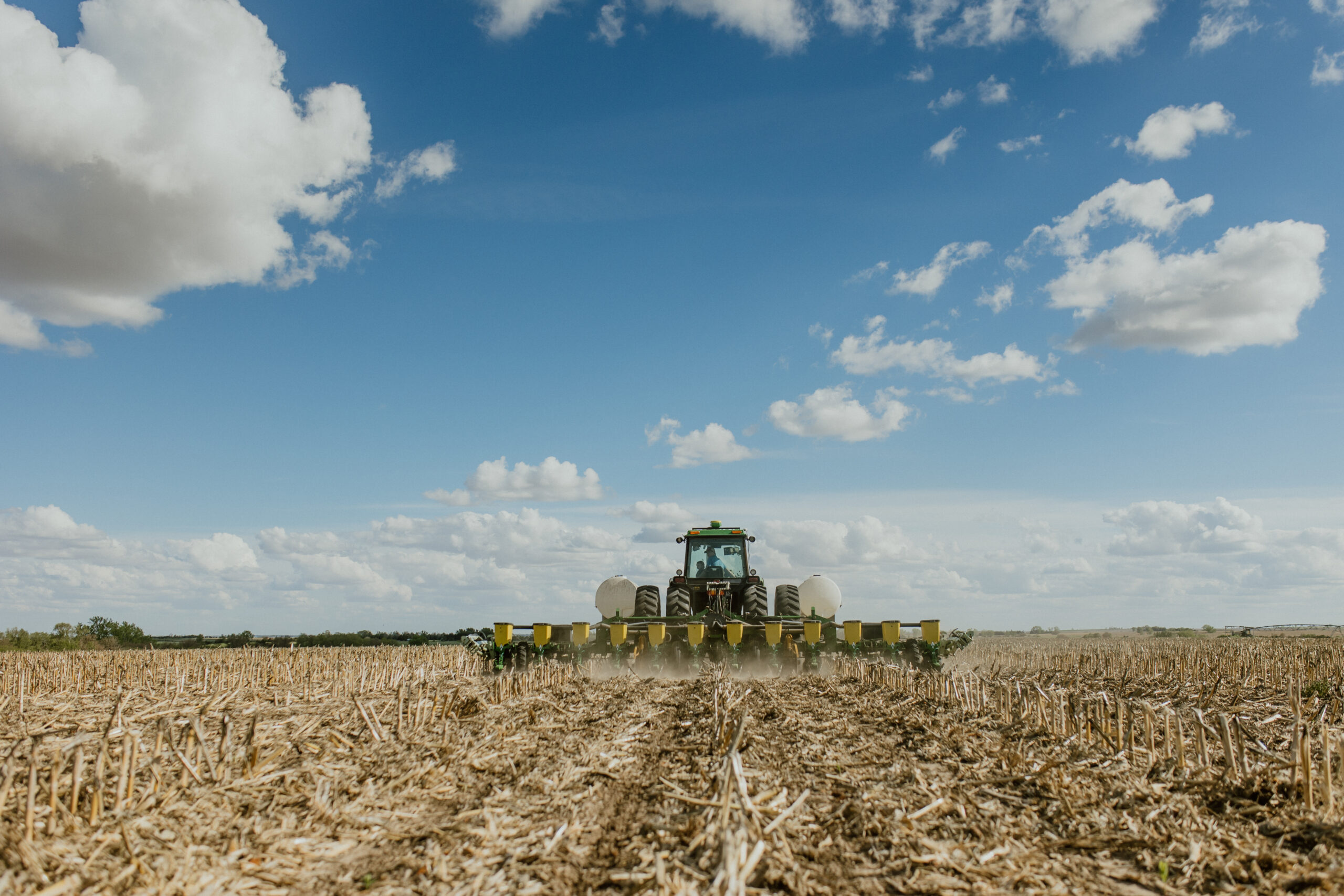Q&A with CommonGround
CommonGround is a national movement driven by farm women, whose mission is to share information about agriculture and how food is grown and raised. We caught up with CommonGround volunteer Crystal Klug to find out more about this organization and what consumers need to know about food labels.

Crystal Klug
CommonGround Volunteer
Crystal and her husband, Beau, are the fourth generation (raising the fifth) to farm the Klug family’s land in Columbus, Nebraska, where they raise cattle and crops.
I am still supporting someone’s livelihood, while being able to provide my family with fresh produce to serve with home-raised beef from our freezer.
Placing non-GMO, gluten free and plant-based claims on food packaging may make consumers feel as though they are purchasing healthier products, which isn’t necessarily the case.
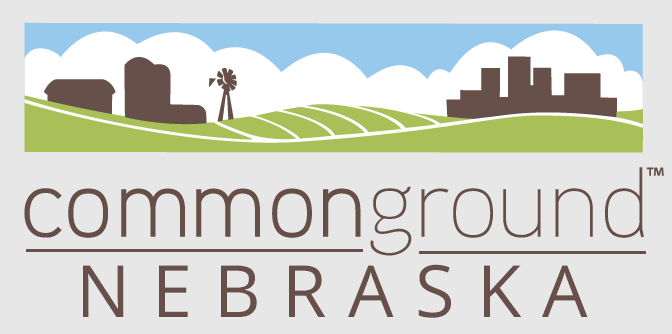
The Non-GMO Project label means that the product ingredients have been verified as non-GMO by the Non-GMO Project company. This label can be somewhat misleading, because it is extremely overused. In fact, a majority of food products that contain the “Non-GMO Project” label don’t even have a GMO alternative.
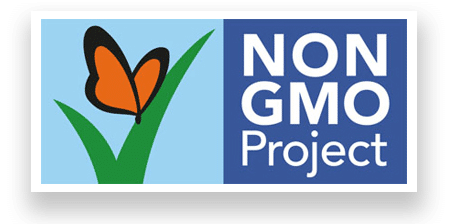
Gluten free is another label that is overused. Gluten is found in grains, such as wheat, barley and rye, but you will find this label on countless products ranging from a jar of peanut butter to a bag of frozen veggies to a bottle of salad dressing.
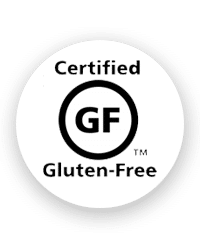
Vegetarian and vegan labels are now being swapped out with the label plant-based. Unfortunately, food companies know that consumers are increasingly interested about how their food is grown, but they also understand that these food labels are useful marketing tactics.
